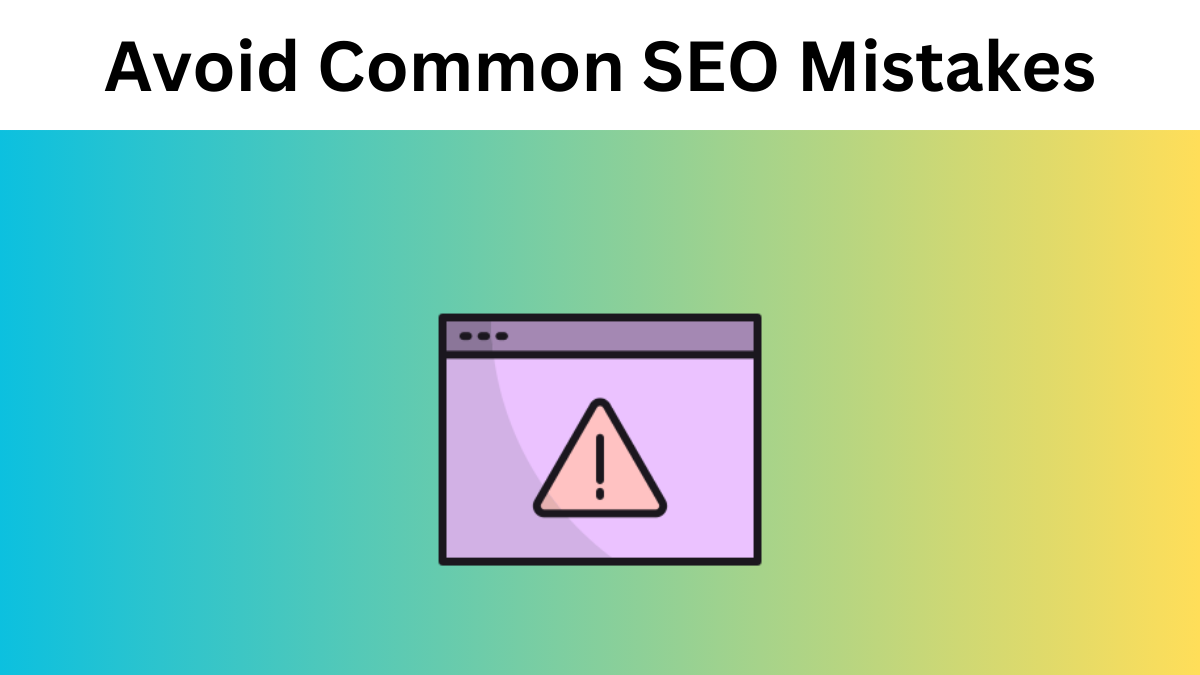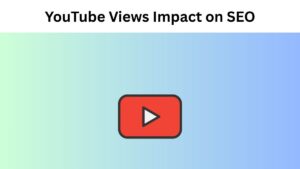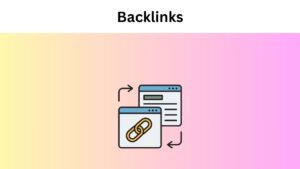Search engine optimization (SEO) is so easy to get wrong. You have to use the right keywords, but not too many of them. You have to make sure your website’s metadata is optimized. You have to make sure that your site is responsive and easy to navigate. There’s so much that goes into good SEO, and there are plenty of pitfalls along the way.
But SEO mistakes don’t have to be a fact of online life. You can absolutely minimize or eliminate SEO mistakes that drag your search rankings down and keep customers from finding your site. Here’s how to avoid the most common SEO mistakes so you can start getting more traffic and more business.
Optimize Your Site for Speed and Ease of Use
Page loading speed is a critical ranking factor for search engine algorithms. A page that loads slowly simply won’t rank as high in search returns as a page that loads quickly and easily. There’s a reason for that – users won’t hang around on a slow-loading page. Rather than wait for a slow-loading page to finish loading, they’ll simply leave and navigate to a page that loads faster.
There are plugins you can use to optimize your website’s loading time, especially if you use a popular content management system (CMS) like WordPress. You should also make sure your page is easy to navigate and use – if users can’t find what they’re looking for on your page, they’re going to bounce and go somewhere else and that’s going to affect your search rankings, too.
Don’t Forget Mobile Users
A huge chunk of the traffic to your website comes from mobile users, and search engine algorithms are favoring websites with responsive mobile optimization. These days, search engines use armies of bots to analyze websites’ mobile responsiveness. Make sure your site has a mobile-friendly interface that’s easy to navigate and loads quickly.
Use the Right Keywords – But Don’t Overuse Them
SEO keywords tell search engines what your website is about, and they help viewers find your content online. You have to use the right keywords for your content, but it’s important not to overuse them. Keyword stuffing, or overusing keywords to try to influence search engine rankings, hasn’t worked for a very long time. You’ll get penalized for it in 2025. Use one primary and maybe one secondary keyword on each page of your site, and use them only a few times. You should put your keyword in the title header, and maybe in the subheadings if it fits there naturally. use the keyword four to six times in the body content on the page. Make sure your primary and secondary keywords are similar – it’s hard to rank a page for more than one keyword unless they’re very similar to each other.
Create Great Content
If you do one thing to boost your website SEO, you should focus on creating great content. Search engine algorithms reward high-quality content that creates value for users. Whether you’re providing information, entertainment, or quality products, your website content should always offer something that users want. Content should be well-written, authoritative, unique, and valuable. Don’t copy content from other pages or post duplicate content on your own website.
Don’t Neglect Local Search Traffic
Local search traffic can bring you a lot of business; it’s typically a lot easier to rank for local search terms than it is for general ones. For example, if you offer SEO services in Phoenix, make sure you use the keyword “SEO services Phoenix” on your website to draw in that local traffic. For most small businesses, local search traffic is going to be a lot more valuable than national or global traffic anyway. Those local searchers are going to be your best customers.
Optimize Your Metadata
Optimizing your metadata requires altering your site’s HTML code a little, but it’s worth learning. You should adjust each page’s title and header tags and meta description using the keyword you’ve selected for that page. Titles, headers, and meta descriptions should be clear and concise.
Keep in mind, your meta description should be a reflection of your full blog in just 160 characters. It should be catchy and engaging so that when the audience reads it, they open your blog. However, writing such a short and concise meta-description might be complicated. So, instead of writing it manually, you can use an online summarizing tool to write a perfect meta description for your blog.
Foster Backlinks
Backlinks, or links to your site from other sites, improve your website’s authority and boost its relevance. It’s best if your backlinks come from other sites that are considered authoritative in your industry. You can also generate backlinks by sharing your content on social media and by talking about your content online. Answer questions on Quora or post on Reddit. Generating buzz about your products online can help generate backlinks, too.
It’s 2025, which means it’s time to start correcting your SEO mistakes. You’ll be surprised at how much more traffic you can get with just a few simple tweaks to your SEO.






